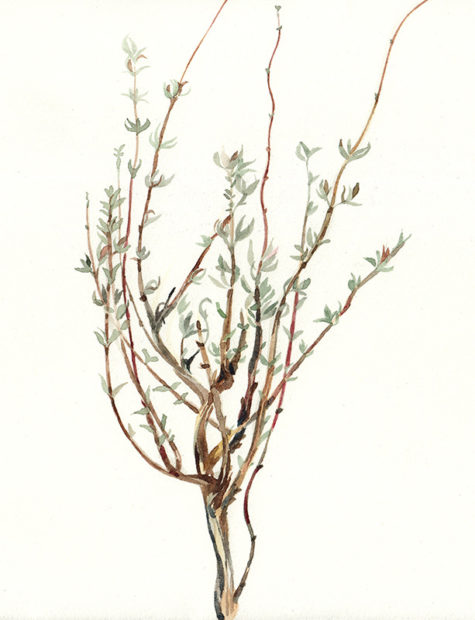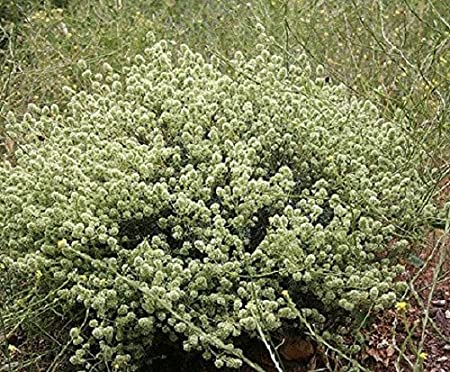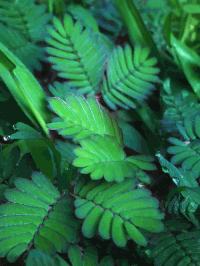Deodorant
Mastic Thyme aka Spanish Marjoram
- Scientific Name: Thymus mastichina
- Common Name: Spanish Marjoram
- Plant Family: Lamiaceae or Labiatae
- Parts Used: Leaves, Flowers, Essential Oil
- Actions: Antiseptic, Deodorant, Disinfectant, Analgesic, Anti-inflammatory, Antibacterial
General Overview
Thymus mastichina is a very special thyme, native in the mountains of the Iberian Peninsula, Central Spain and Portugal. It is known by a number of different common names including Spanish Marjoram, Spanish Wood Marjoram, White Thyme, Wild Marjoram or Mastic Thyme. The leaves, and especially the essential oil contained in them, are strongly antiseptic, deodorant and disinfectant.
Thymus mastichina should not be confused with Marjoram also known as sweet Marjoram, knotted Marjoram and previously classed as Marjorana hortensis (Origanum majorana). Nor should it be confused with the Mastic Tree (Pistacia lentiscus).
As the name implies it grows primarily in Spain. Thymus mastichina produces tiny, oval-shaped, green leaves, which have an intense flavor. In its Spanish homeland it is used as a culinary herb for meat dishes, stews and sauces and because of its strong aroma has been commonly used in Andalucía to season and preserve olives.
Despite this fact, it is prized more for its essential oils than for its herbal properties. The plant has an herbaceous scent with eucalyptus-like overtones with a hint of a vanilla note, which, in aromatherapy, is used for its soothing, relaxing effect. It’s oil is pale orange to amber in color and has a distinctive eucalyptus like aroma. It is also considered to be especially beneficial in relaxing muscles.
Used fresh or in dried form, its leaves are used to make an herbal tea that is considered useful in treating sore throats, catarrh and colds. If preferred, the tea can be used to gargle with rather than ingested. Infusions are attributed curative or palliative properties of arthritis and rheumatism. Mastic Thyme, may be effective in protecting against colon cancer.
The Basics
The species name mastichina and the common name of Mastic Thyme derive from the Greek word massein, meaning ‘to chew’, or the verb mastichein meaning ‘to gnash the teeth’. It is the origin of the English word masticate.
Interestingly, the Mastic Tree is a small Mediterranean evergreen tree (Pistacia lentiscus) of the cashew family. The tree produces an aromatic, ivory-coloured resin, also known as mastic, is harvested as a spice from the cultivated mastic trees grown in the south of the Greek island of Chios in the Aegean Sea. Mastic resin is a relatively expensive kind of spice that has been used principally as a chewing gum. The flavor can be described as a strong, slightly smoky, resiny aroma.
Mastic Thyme produces tiny, oval-shaped, green leaves, which have an intense flavor. In its Spanish homeland it is used as a culinary herb for meat dishes, stews and sauces and because of its strong aroma has been commonly used in Andalucía to season and preserve olives.
Despite this fact, it is prized more for its essential oils than for its herbal properties. The plant has an herbaceous scent with eucalyptus-like overtones with a hint of a vanilla note, which, in aromatherapy, is used for its soothing, relaxing effect. It is also considered to be especially beneficial in relaxing muscles. The essential oil is most often found under the name: Spanish Marjoram.
Used fresh or in dried form, its leaves are used to make an herbal tea that is considered useful in treating sore throats, catarrh and colds. If preferred, the tea can be used to gargle with rather than ingested. Infusions are attributed curative or palliative properties of arthritis and rheumatism.
The leaves are used as a seasoning. They have a pungent eucalyptus-like aroma. If the leaves are to be dried, the plants should be harvested in early and late summer just before the flowers open and the leaves should be dried quickly. The plant is also the source of an essential oil, called “oil of marjoram” or “Spanish Marjoram”, that is used extensively as a flavoring for soups etc.
The essential oil obtained from the leaves is also used in perfumery, as a mouth wash, medicinally etc.
Rennie Luttrull: queen-annes-lace-seeds
Rosanna: Spignel aka Bald Money
Annamarie Squatrito: Fumitory
EILEEN Klinghagen: Pumpkin
Mahmudul Hasan: Celery



